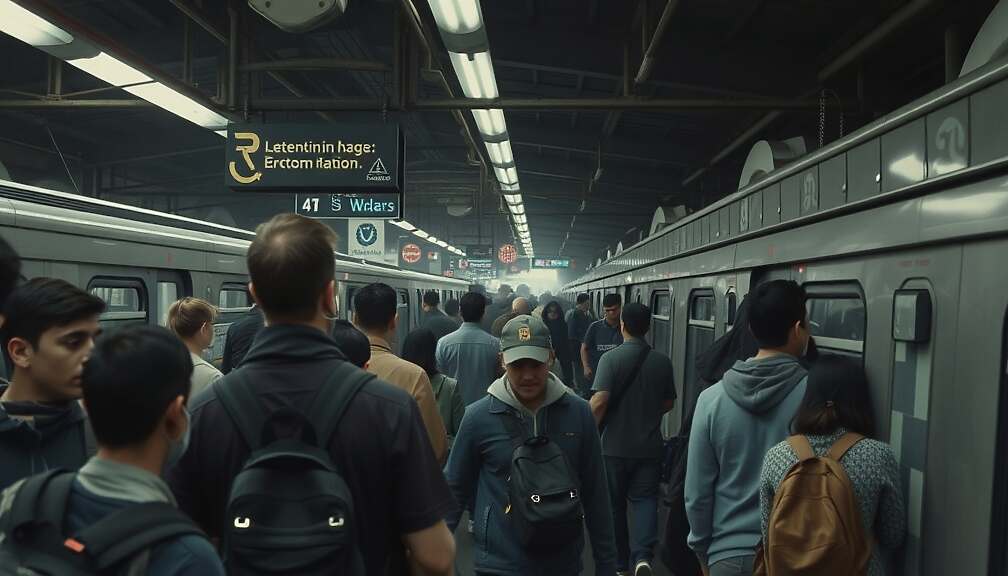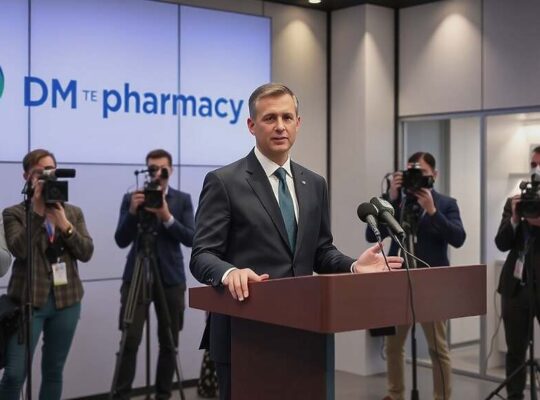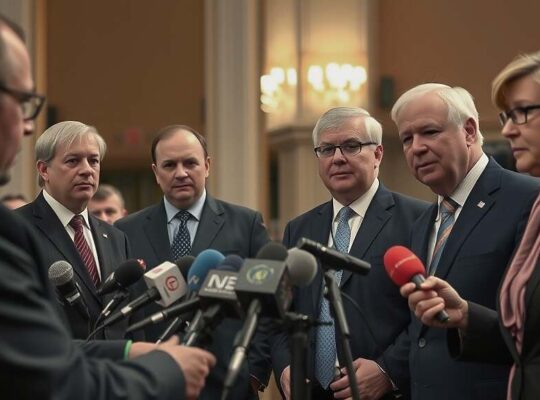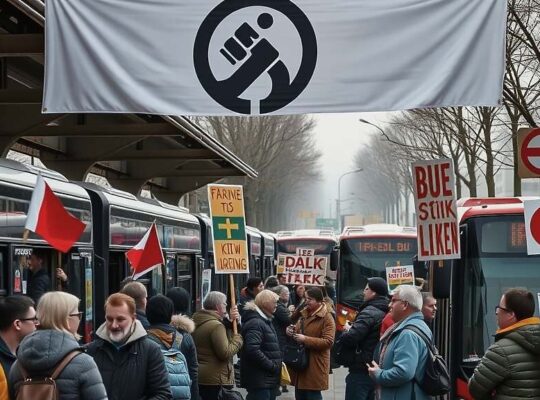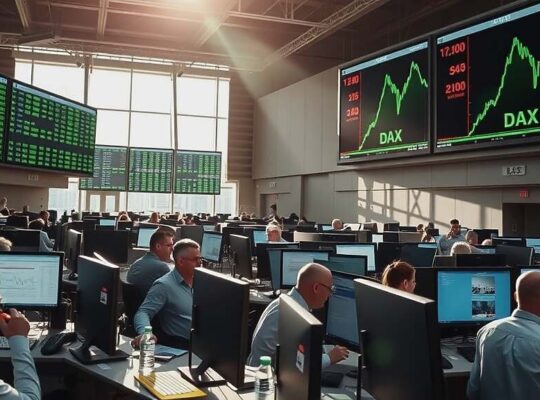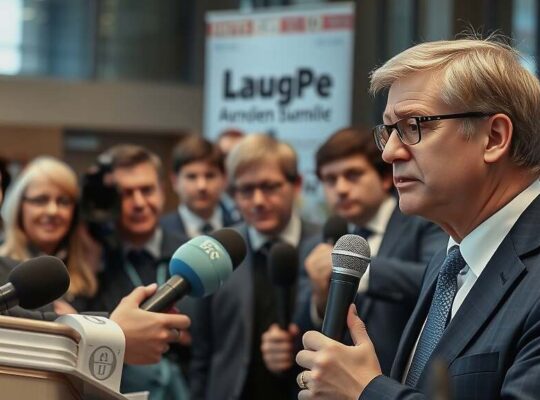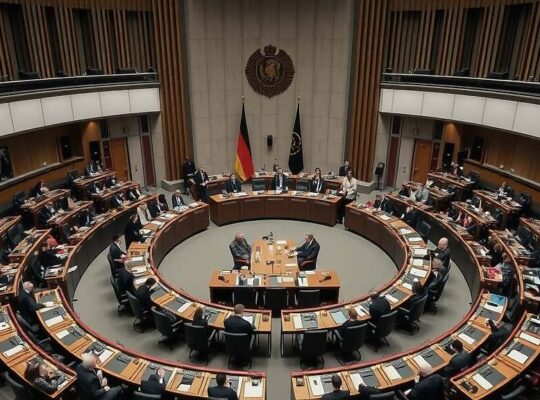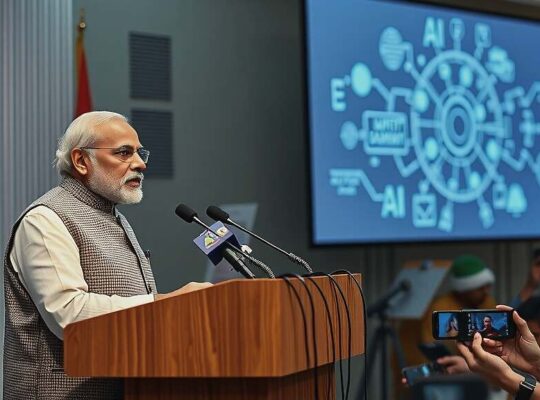The prospect of widespread industrial action looms in Germany’s public sector as union Verdi has signaled a willingness to escalate the ongoing wage dispute with state employers. Verdi’s chairman, Frank Werneke, explicitly warned in an interview with “Süddeutsche Zeitung” that strikes are “absolutely possible” should negotiations fail to yield a satisfactory outcome for the 2.5 million public sector employees involved.
The union is demanding significantly more than the 5.8% wage increase secured for federal and municipal workers over a 27-month period, indicating a determination to secure a substantially improved package from the state governments. Werneke’s clear message is that the union will not accept a deal that falls short of this benchmark, effectively drawing a line in the sand for the upcoming negotiations commencing in early December.
The potential disruption extends beyond symbolic gestures. Werneke emphasized the possibility of broad participation in any strike action, citing the potential impact on vital services including university hospitals, education, policing and winter road maintenance – a stark warning of the potential for substantial societal disruption. Hamburg’s Finance Senator Andreas Dressel, representing the state governments, has already dismissed Verdi’s seven percent demand as “astronomical” setting the stage for a potentially protracted and contentious battle.
Beyond the immediate wage negotiations, Werneke has publicly criticized the stance adopted by the CDU/CSU’s “Young Group” regarding the coalition’s pension reform package. He labelled their efforts to block the package as “neoliberal haggling” arguing that their proposals for a more drastic reduction in pension levels would disproportionately affect younger generations. He expressed concerns about the potential impact on German political stability, questioning the ability of the governing parties to adhere to agreements outlined in their coalition contract.
Adding another layer of political friction, Werneke also lambasted recent comments from CDU leader Friedrich Merz regarding urban landscapes, asserting that his remarks linking city conditions to migration were “absolutely false and degrading”. Werneke stressed that individuals with migrant backgrounds enrich urban environments and highlighted the core issue: the burden placed on municipalities without adequate financial support from the federal government. This latest salvo underscores a broader critique of the current government’s approach to local governance and its perceived failures in addressing the root causes of urban challenges.


